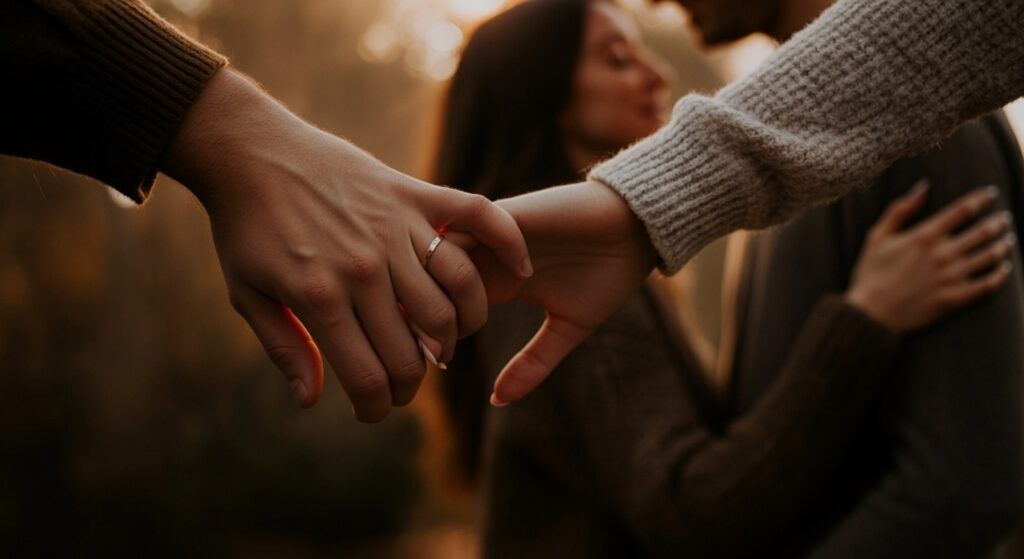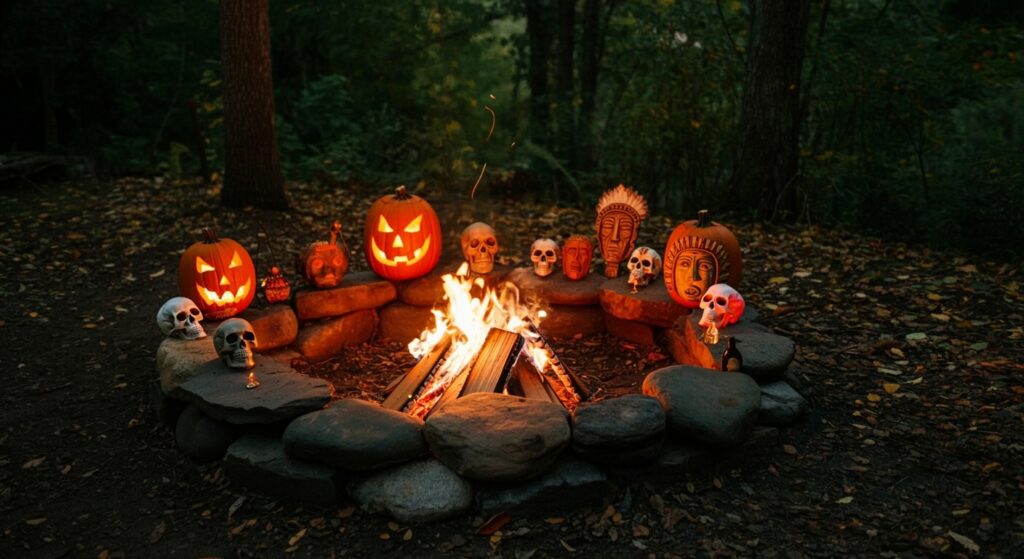Posted inSexuality and Spirituality
How Atheopaganism Promotes Inclusive Intimacy
Intimacy is essential for emotional well-being, but it’s often misunderstood and limited to sexual relationships. For many, especially older adults, true intimacy extends beyond physical touch and can be found in deep friendships, community connections, and shared experiences. Atheopaganism emphasizes inclusivity, kindness, and reciprocal relationships, encouraging us to explore and nurture intimacy in all its forms, regardless of age.



